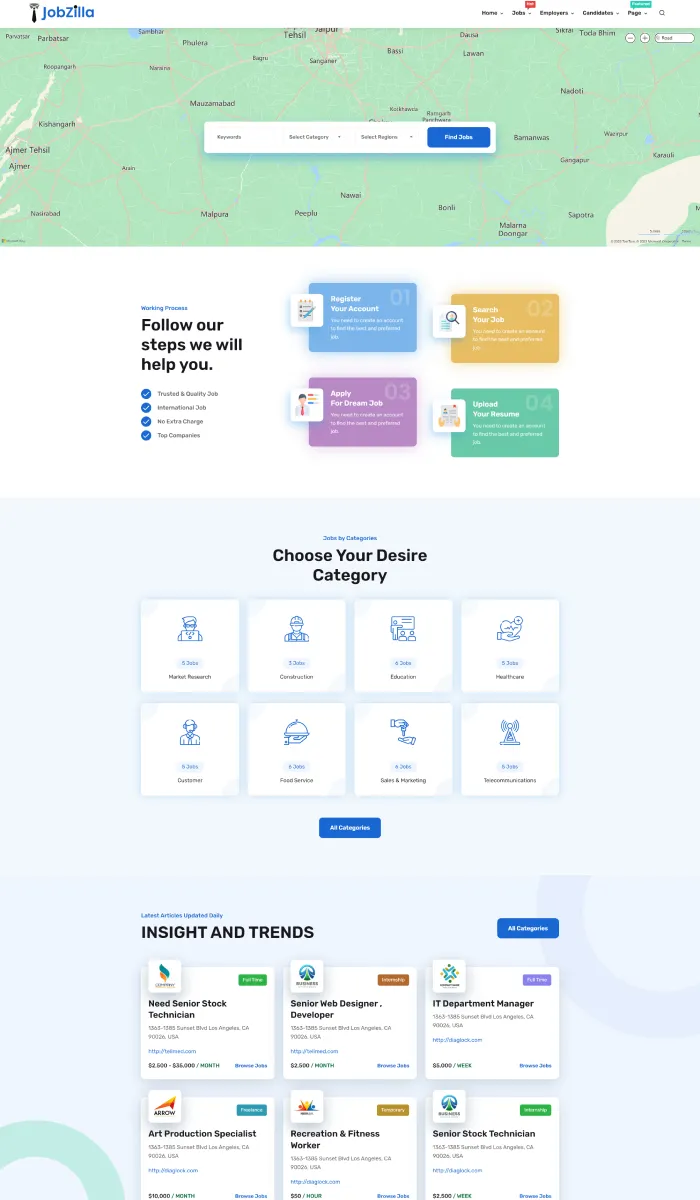SSL Encryption and Casino Security
Why SSL Encryption and Casino Security Matters
As online gambling gains traction, ensuring player security becomes paramount. SSL (Secure Socket Layer) encryption is a crucial technology that protects sensitive data transmitted between players and casinos. Without it, personal information, payment data, and account details are vulnerable to interception by malicious entities.
BeonBet Casino slots exemplify how SSL encryption safeguards your gaming experience, offering a secure environment where players can enjoy their favorites without fear.
The Mechanics of SSL Encryption
SSL encryption works by establishing a secure connection using cryptographic protocols. When a player accesses a casino website, their browser and the server engage in a handshake process that includes:
- Authentication: Verifying the identity of the server.
- Session Encryption: Encrypting the data exchanged during the session.
- Data Integrity: Ensuring data is not altered during transfer.
This process involves complex algorithms and keys, ensuring that even if data is intercepted, it remains unreadable without the appropriate decryption key.
Evaluating Casino Security Features
While SSL encryption is a fundamental aspect of online security, it’s vital to evaluate additional features that contribute to a secure gaming environment:
- Two-Factor Authentication (2FA): Adds an extra layer of security by requiring a second form of verification.
- Regular Security Audits: Independent assessments of security measures and protocols.
- Data Encryption Standards: Use of advanced encryption standards (AES-256) for data at rest.
The Math Behind Online Casino Security
Understanding the metrics involved in casino security can help players make informed decisions. Here are key statistics related to online casino security:
| Security Feature | Effectiveness (%) | Implementation Cost ($) |
|---|---|---|
| SSL Encryption | 99.9 | 500 – 1,500 |
| Two-Factor Authentication | 98.7 | 200 – 800 |
| Regular Security Audits | 95.5 | 1,000 – 5,000 |
These figures illustrate the importance of investing in robust security measures, with SSL encryption providing nearly universal effectiveness in protecting data.
Hidden Risks of Online Gambling Without SSL
Operating without SSL encryption exposes players to several substantial risks:
- Data Theft: Personal and financial information can be stolen, leading to identity theft.
- Fraudulent Charges: Unauthorized access to accounts can result in significant financial losses.
- Loss of Trust: A breach can damage a casino’s reputation, leading to loss of customers.
The Regulatory Landscape for Online Casinos
Regulatory bodies enforce stringent security measures for online casinos. For example, the UK Gambling Commission mandates that licensed operators must implement SSL encryption to protect player data. Non-compliance can lead to severe penalties, including loss of license. Players should always check for licensing information to ensure their chosen casino adheres to these regulations.
Best Practices for Players
Players can enhance their online security by adopting best practices:
- Verify SSL Certificates: Check for a padlock symbol in the browser’s address bar.
- Use Strong Passwords: Implement complex passwords and change them regularly.
- Monitor Accounts: Regularly check account statements for unauthorized transactions.
Future Trends in Casino Security
As technology evolves, so do the threats and countermeasures in online gambling. Future trends may include:
- Blockchain Technology: Enhancing transparency and security in transactions.
- Artificial Intelligence: Utilizing AI for real-time threat detection and response.
Staying informed about these advancements can empower players to protect their interests more effectively.

























